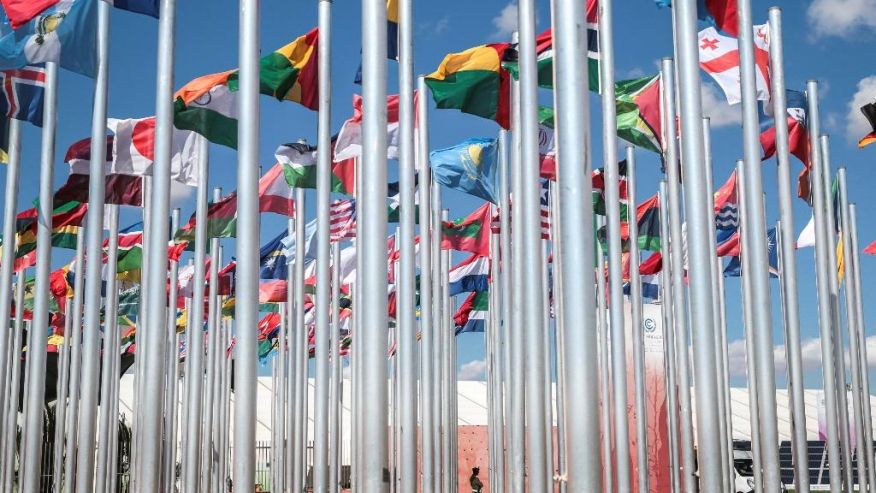
The 193-member United Nations General Assembly elected Ivory Coast, Equatorial Guinea, Kuwait, Peru and Poland to the U.N. Security Council on Friday for a two-year term beginning Jan. 1, 2018.
The Netherlands was elected for a one-year term after reaching a deal with Italy last year to split a two-year term. Voting between the pair was deadlocked last year so they agreed that Italy would serve on the council for 2017 and then step down to allow the Netherlands to be elected for 2018.
While all the countries were running unopposed, they still needed more than two-thirds of the overall vote to win a seat.
Ivory Coast received 189 votes, Equatorial Guinea got 185, Kuwait received 188, Peru won 186, Poland got 190, and the Netherlands received 184 votes.
The council is made up of 10 elected members, five voted on each year and five permanent veto-powers: the United States, Britain, France, China and Russia. The council is the only U.N. body that can make legally binding decisions and has the power to impose sanctions and authorize the use of force.
To ensure geographical representation on the Council, there are five seats apportioned for African and Asian states; one for Eastern European states; two for the Latin American and Caribbean states and two for Western European and other states.
Regional groups generally agree upon the candidates to put forward and competitive races for seats are increasingly rare.
Human rights activists, however, said this was a “serious problem.”
“Member states should be able to choose whether or not they trust a country like Equatorial Guinea with the maintenance of international peace and security,” said Human Rights Watch U.N. director Louis Charbonneau.
“Equatorial Guinea is a country that has harassed human rights defenders and civil groups, often with arbitrary detentions,” he said. “As the Security Council increasingly mainstreams the promotion of human rights, we hope Equatorial Guinea won’t push back or undermine that.”
Equatorial Guinea’s government has denied accusations of corruption and human rights abuses.
( editing by G Crosse)

